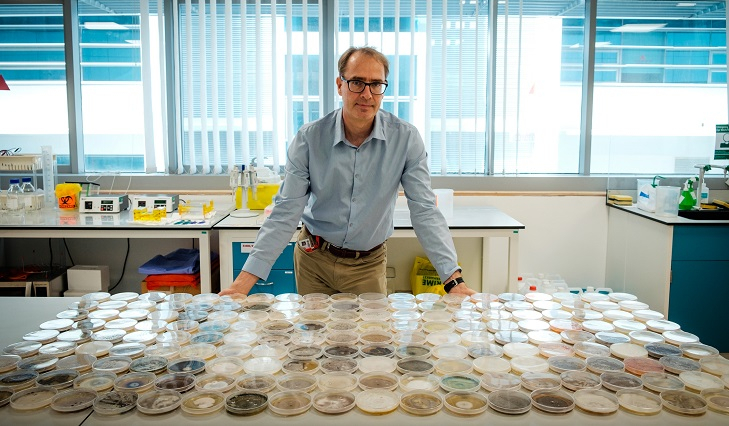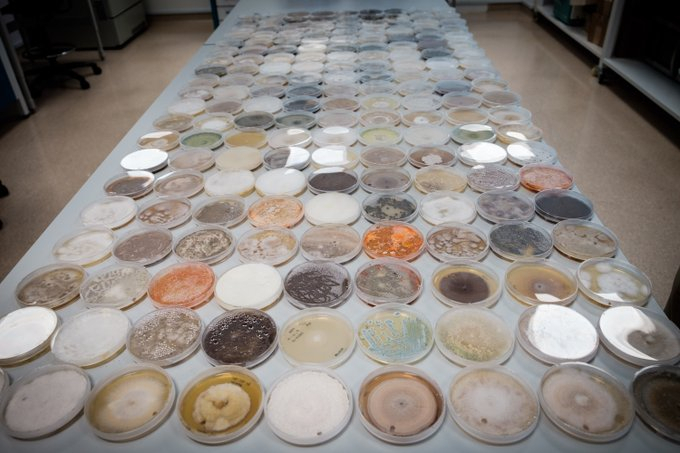
In a recent breakthrough study scientists from the Singapore Centre for Environmental Life Sciences Engineering (SCELSE) at Nanyang Technological University (NTU) found that the tropical air is teeming with a rich and diverse range of at least 725 different microorganisms. It should be mentioned that for this research the scientists used a new sampling and DNA sequencing protocol of microbial communities in Singapore's air and the findings showed that the composition of the microbial community in the tropical air changes predictably, with bacteria dominating in the day and fungi at night.
It should be mentioned that the day-night pattern and the diversity of airborne microorganisms in the near-surface atmosphere were previously unknown. The new knowledge on tropical bioaerosols, which are a subcategory of particles released from terrestrial and marine ecosystems into the atmosphere, is reported this week in the Proceedings of the National Academy of Sciences. As per the study, led by NTU genomics professor Stephan Schuster, the team has reported that tropical air has a microbial diversity with similar complexity to other well-studied ecosystems, such as seawater, soil and the human gut.
Through this research, the scientists have also revealed that the airborne particles of biological origin have an unexpectedly high number of bacterial and fungal species and they follow a 24-hour day and night cycle which scientists believe is driven by environmental conditions such as humidity, rain, solar irradiance and carbon dioxide levels.
Prof Schuster said the recent study suggests that "temperature is also a global driver of microbial community dynamics for the atmosphere near the surface. Such understanding is fundamental to ensuring ecosystem sustainability in urban settings and beyond. Locally, understanding bioaerosol dynamics will also inform the way we are managing our surrounding atmosphere, such as the effect of indoor air quality, mechanical ventilation and pollution on the air microbiomes that surround us. Further, our study provides important and much-needed insights into bioaerosols in a tropical setting, given that existing studies have exclusively involved temperate climates."
The researchers claimed that usually humans breath in 11 cubic metres (11000 litres) of air daily that could contain some 50 thousand organism cells in the tropics during the day time and 30 to 100 times at night. The scientists are currently trying to understand the effect of air microbial communities on the environment and human health, especially on patients with respiratory illnesses. It should be mentioned that these research results have led the team to initiate an ongoing interdisciplinary research project between SCELSE and NTU's Lee Kong Chian School of Medicine in the area of respiratory health.










